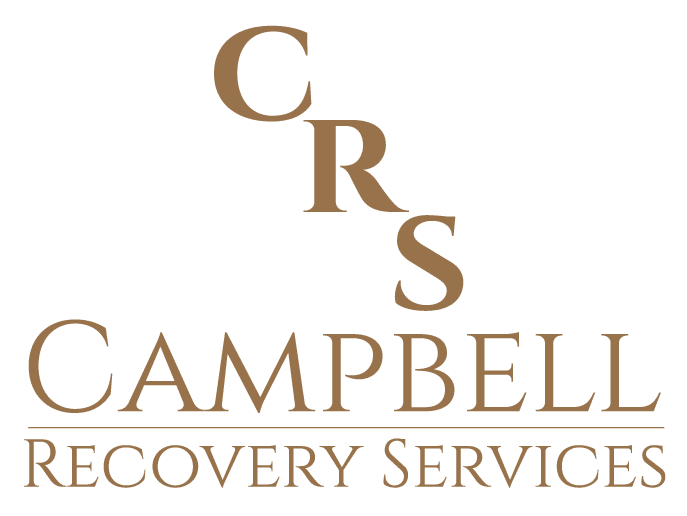Studies have shown that at least half of a person’s propensity for addiction can be linked to genetics. While there are many factors that play a role, including environmental and developmental, one of the biggest factors that make a person most susceptible to addiction is their family history and genetics. Scientists have shown that some people have a predisposition to drug or alcohol addiction because of their DNA. This is why we often see addictions running in families, passed down from generation to generation.
There is not one single genetic change or chromosome that causes addiction, but it is influenced by a variation of multiple genes. This, combined with environment and experiences, can lead to a drug or alcohol addiction. There are patterns in the DNA that may make a person more vulnerable to addiction and this has been proven to run in families with shared genetics.
What to Do If You Have a Family History of Addiction
Not everyone with a family member struggling with addiction is destined to go down the same path. We do know from extensive research that addiction does tend to run in families and can be inherited from through this DNA. If an immediate relative has struggled with drugs or alcohol, it is advisable to be vigilant and take steps to prevent a similar path for yourself. In some cases, those with a family history of addiction may choose to avoid drugs and alcohol completely knowing that they may be more vulnerable. Being aware of this history and your risk factors for addiction can help to make your cognizant of the earliest signs of a problem.
Those with family histories of addiction may also find support through therapy, counseling, and support groups where they can share their experiences with others that have a similar history. This can go a long way to addressing a loved one’s addiction, while also alleviating concerns you have based on genetic factors that may make you more susceptible to drug and alcohol abuse.
Other Factors that Affect Addiction Likelihood
While genetics play an important role in addiction, this isn’t the only factor. Childhood experiences of neglect or abuse and trauma can deeply impact who you are as a person, making you more prone to use drugs and alcohol as a coping mechanism. Environmental factors such as exposure to substances at an early age can increase your risk of developing an addiction. Learned behaviors, with your brain’s reward circuit releasing endorphins and other good feelings, can lead to brain changes. This association of drugs and alcohol with these good feelings can lead to an addiction.
While it is important to note that there are many factors that can lead to a drug or alcohol addiction, the research has shown that those with a family history have a significantly higher risk. This doesn’t mean you are destined for addiction because of a relative’s struggle but it is important to be aware of this and take actions to make sure you do not abuse drugs of alcohol.





